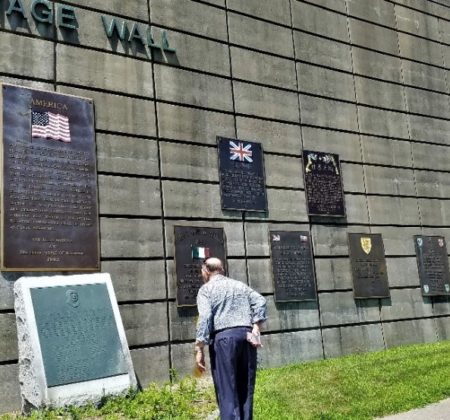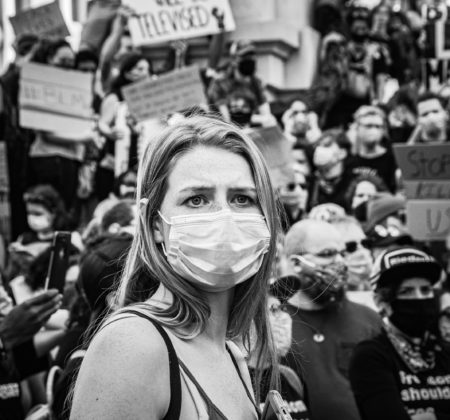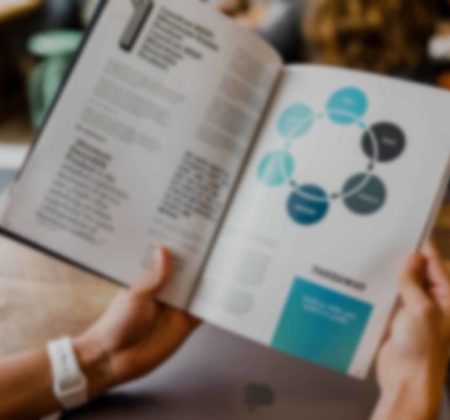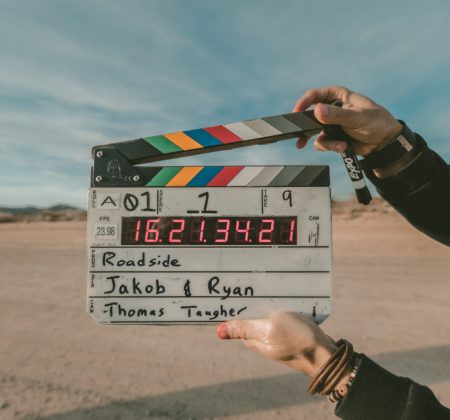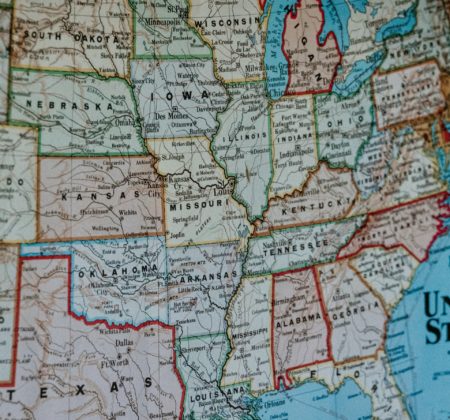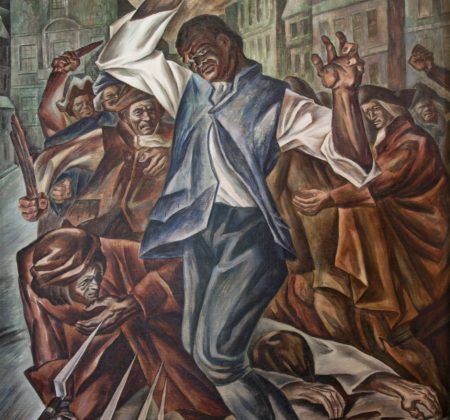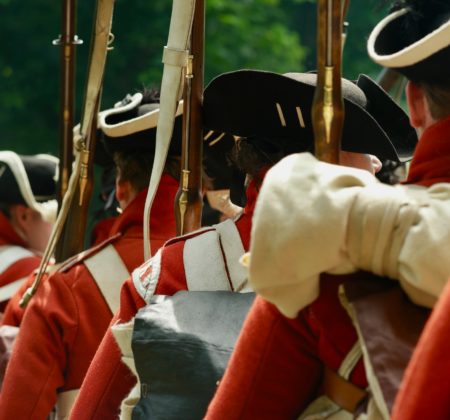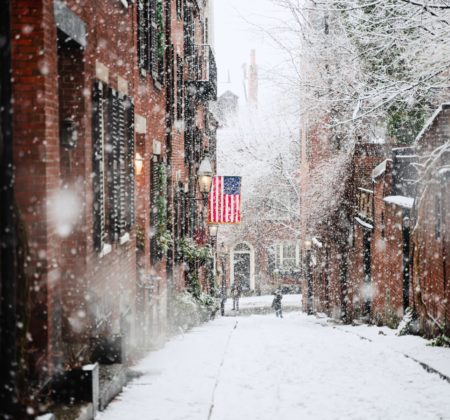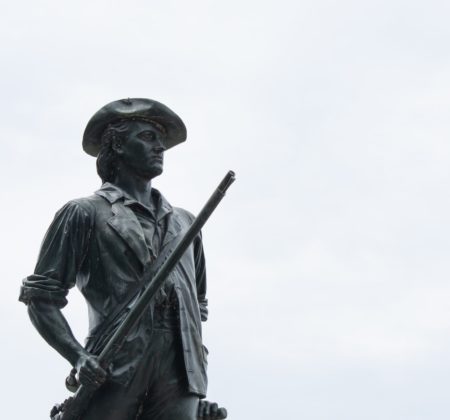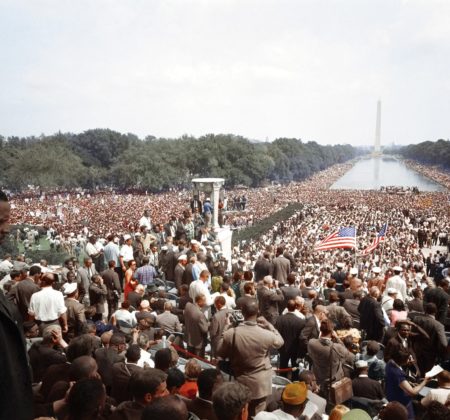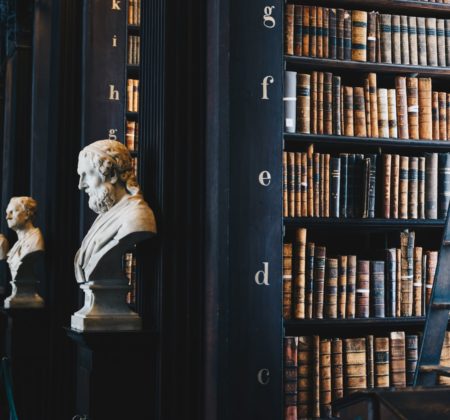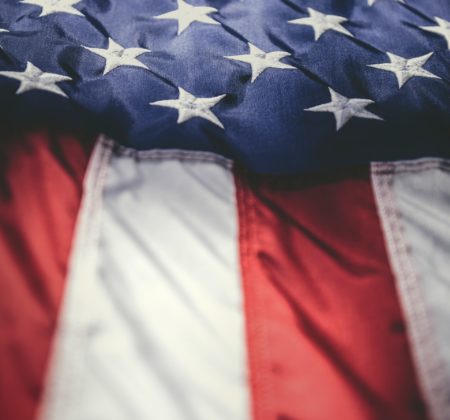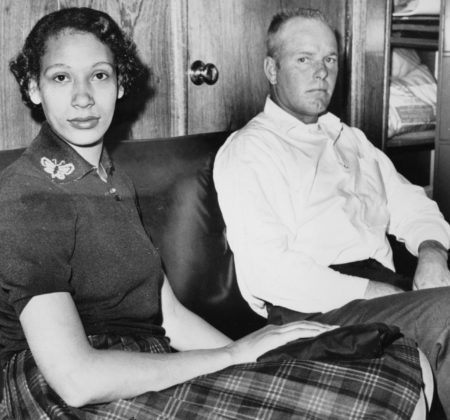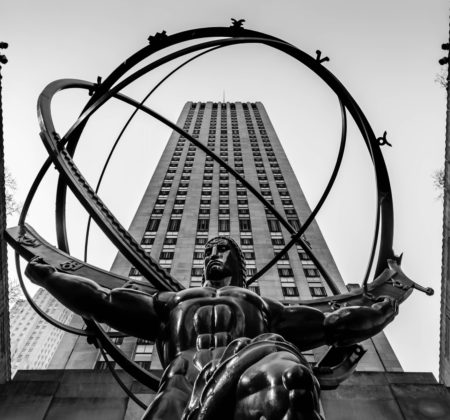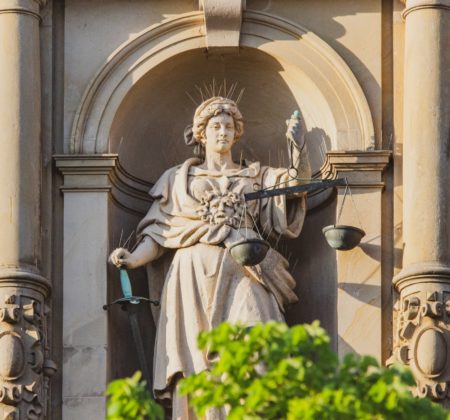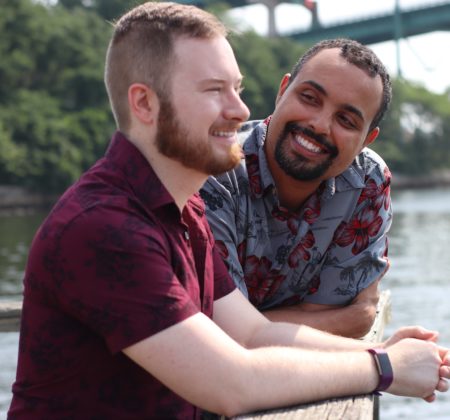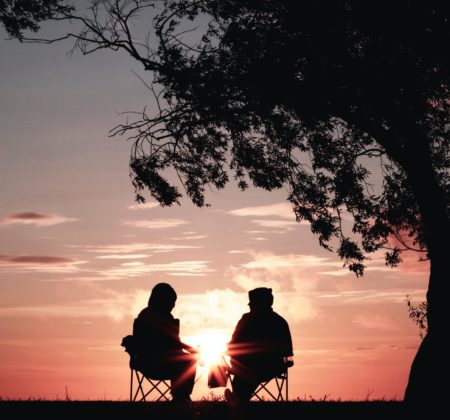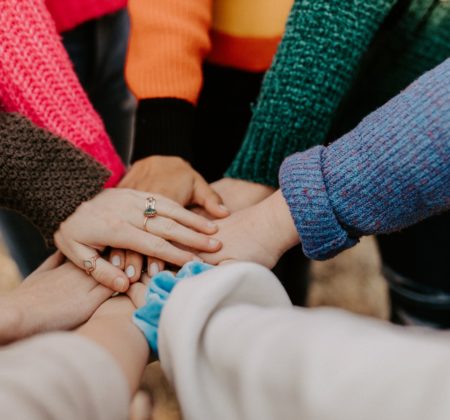Stories of Heroism and Hope
Norwalk is a small city built along a harbor on the Connecticut shore of Long Island Sound. In some ways it is unique, but in others it clearly shows the power and possibility of the American promise.
An interactive lesson exploring the fact that every person has both a unique story and a shared human story.
This lesson is an introduction to understanding the role stories play in our lives and how stories have the power to connect human beings. Subsequent lessons will draw on this lesson.
Film is perhaps the most powerful way to tell a story. Early film-making in America was especially difficult as producers had to be cognizant of mass appeal and avoid themes that could be considered controversial or unpopular.
This lesson explores the ways that about 6 million African Americans living in the American South left to live in other parts of American to escape racism and prosecution, and pursue opportunity.
This lesson explores the limited information known about the life of Crispus Attucks, a former slave and sailor who is credited as being the first person killed in contributing events leading to the Revolutionary War, the Boston Massacre.
Coming Soon:
Daniel Inouye – American Superhero
Harriet Tubman and the Underground Railroad
Frederick Douglass: Champion of Natural Rights
Getting into Good Trouble: The Story of John Lewis
Immigration Gateways: Ellis Island and Angel Island
La Onda: Counterculture and the Mexican Woodstock
Chinese Immigration and the Transcontinental Railroad
Angel Island Poetry
The Poetry of the Hopi People
Celebrating Native American Veterans
Jewish Immigration: World War II Refugees
Southeast Asian Refugees in the 1970s
South Asian Immigration in the 19th and 20th Centuries
Introduction to Culture and Skin Color
Movements for Freedom and Justice
From the mid-1400s to the late 1800s, some 12 million Africans were seized and taken to the Americas. The Atlantic system linked African societies, Europe and the Americas in a vast trading network. Because so much is known about it, its horrors have been described in vivid and appalling detail.
Did the American Revolution shamefully ignore slavery? Or did it put slavery, as some have said, “on the road to extinction”? The materials for this lesson will help you think about, discuss, and debate this question.
Some say the Atlantic slave trading system was the worst of all. Was
it? This question is not easy to answer, because many varieties of slavery have existed all over the world. The materials for this lesson will help you think about, discuss and debate this question.
Throughout the evolution of American civil rights, American Jews have served as allies of African Americans. As two groups which had experienced oppression, discrimination, and marginalization, the alliance between American Jews and African Americans was a natural one.
In this lesson, students will become conversant in how civilization has overcome tribalism, the essential qualities of the Enlightenment, the basic ideas of John Locke, and the essential promises of the Declaration of Independence.
Coming Soon:
Nativism, Stereotypes and Caricatures
The Human Condition: United or Divided?
In Pursuit of Justice and Human Equality
The American Promise Deferred
What Does It Mean to Defeat Injustice, Not People?
The Trail of Tears and Musical Culture
Chinese Americans and School Desegration: Tape v. Hurley
Japanese Internment During World War II
Farmworkers Rights: Filipino and Mexican Americans in California
Race and Slavery in Colonial America
Mexican American Civil Rights and American Founding Principles
Children Can Create Change
Yick Wo and Anti-Chinese Discriminaion
Bath Riots at the Border
We Hold These Truths
In this lesson, students will increase their understanding of the Declaration of Independence and its relationship to the problem of slavery.
America is a collection of stories that are intertwined through a unique DNA. This DNA
represents over four centuries of diverse peoples living together and building a society different
from any other in human history. In this lesson, students will learn about the foundations of law that prohibited interracial marriage and the risks involved in violating miscegenation laws.
Coming Soon:
“Indians” vs. Many Tribes: Native American Diversity
Chief John Ross and the Cherokee
E Pluribus Unum: 4th of July Celebrations Across American Cultures
Learning From The Amistad
Sarah and Angelina Grimke: First American Women Advocates for Abolition and Women’s Rights
National Anthems and American Ideals
Immigration and Hyphenated Americanism
John L. O’Sullivan, The Democratic Review, and “Manifest Destiny”
Abraham Lincoln’s Life and Legacy
Martin Luther King, Jr.’s “I Have a Dream” Speech
Human Rights, Civil Rights, Group Rights
Character Strengths and Civic Virtues
In this lesson, students will learn about character strengths and positive psychology.
This lesson deepens students’ understanding of diverse ways of thinking and being in the world. In particular, it will ask students to explore moral courage and its role in the lives of historical figures and (ultimately) each student’s life
This lesson asks students to think deeply about what it means to “defeat injustice, not people.”
This lesson explores further the question, “What does it mean to defeat injustice, not people?” and ask students to think about the different ways one may approach the question.
In this lesson, students will learn to be conversant in the evolutionary origins of competition, cooperation, morality, tribalism, and learn the differences between zero-sum and synergistic forms of social interaction.
In this lesson, students will learn what gratitude is, how to recognize its basic forms, how to practice gratitude, and how it contributes to well-being and thriving.
Coming Soon:
Be the Change You Want to See
The Road to a Better America
Self-Regulation
Positivity
Forgiveness
W.E.B. Du Bois, Ida B. Wells, and the Founding of the NAACP
Wilma Mankiller and the Power of Resilience
Seeing Both Sides: Perspective-Taking in Dialogue
Courage, Curiosity, and Compassion: Habits of a Free Mind

